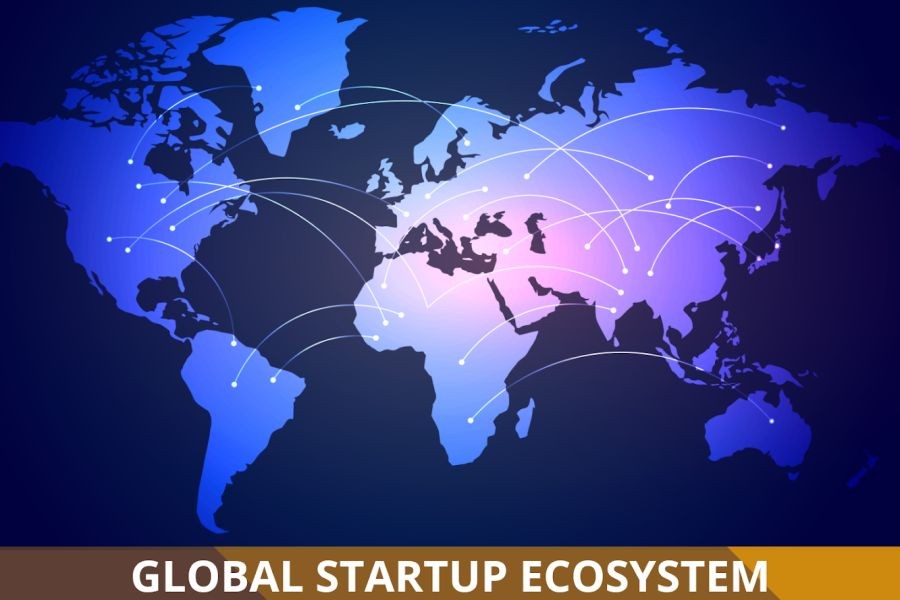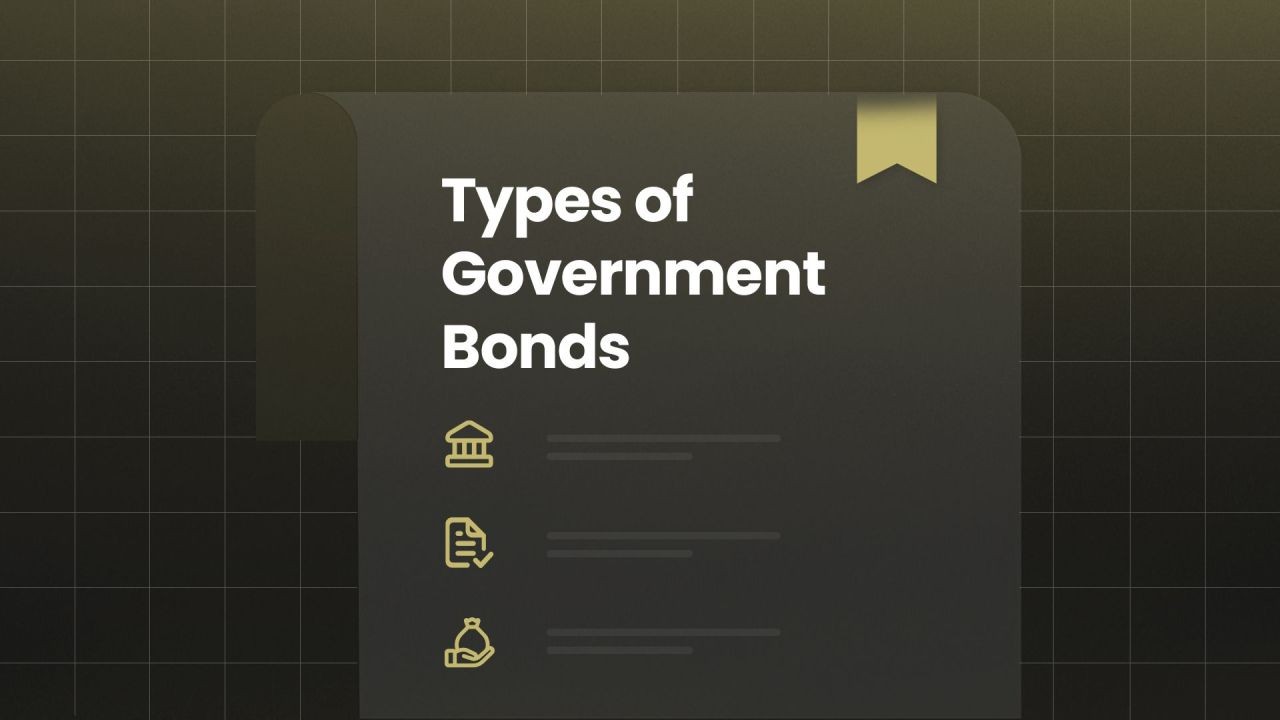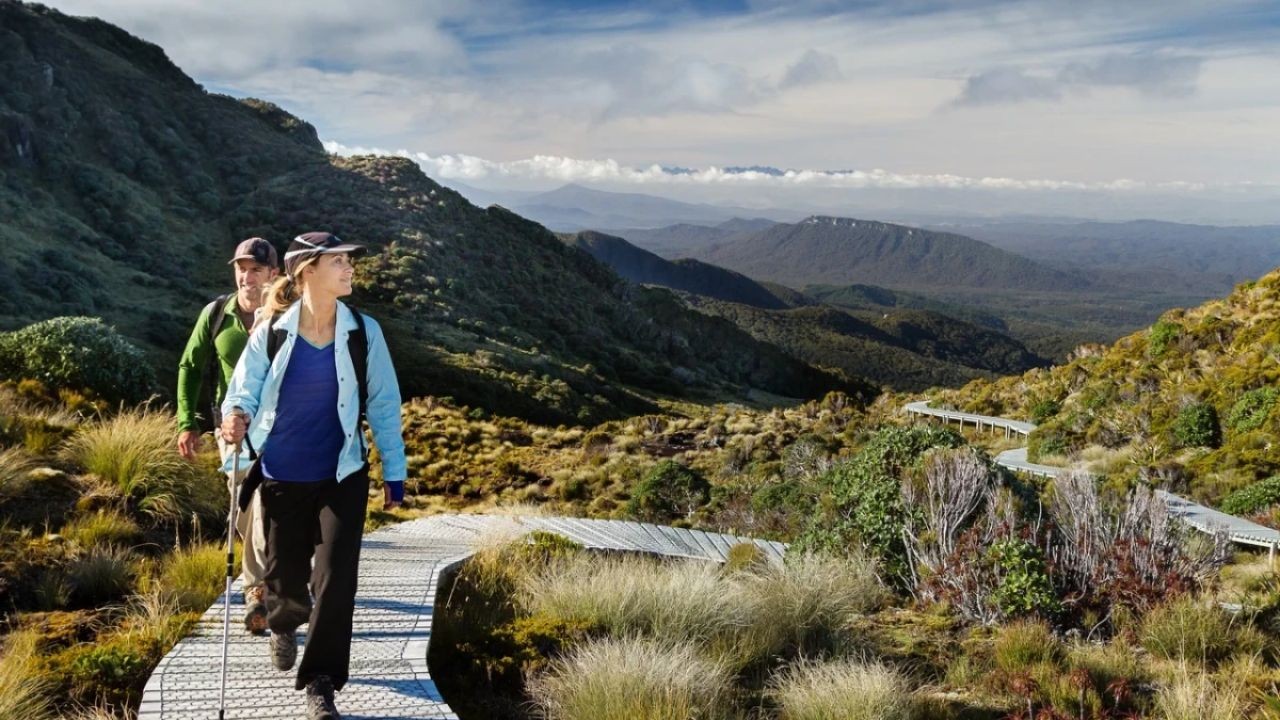Australia's startup ecosystem, once a beacon of innovation, now faces a critical juncture. While global counterparts surge ahead, questions arise: is Australia truly falling behind in the global startup race? This article delves deep into the factors influencing Australia's position, leveraging expert insights, real-world case studies, and authoritative data from Australian institutions.
Understanding the Global Startup Landscape
The global startup environment is dynamic and fiercely competitive. Countries like the United States, China, and Israel have established themselves as powerhouses, fostering environments where innovation thrives. These nations benefit from robust venture capital (VC) networks, supportive government policies, and a culture that embraces risk-taking.
The Australian Context: Opportunities and Challenges
Australia's startup ecosystem presents a unique blend of opportunities and challenges. According to the Australian Bureau of Statistics (ABS), the number of startups has grown by 20% over the past five years. Yet, this growth pales in comparison to the explosive rise seen in countries like India and China, where supportive policies and vast markets drive rapid expansion.
Case Study: Atlassian – A Beacon of Hope
Atlassian, an Australian software company, serves as a quintessential example of local success on a global stage.
Problem: Faced with limited local funding opportunities, Atlassian needed to secure international investment to scale its operations. Action: The company pursued a strategic approach by tapping into U.S. venture capital and listing on the NASDAQ. Result: Atlassian achieved a market valuation exceeding $50 billion, illustrating the potential for Australian startups to succeed globally when leveraging international resources. Takeaway: Access to international markets and funding can be pivotal for Australian startups aiming for global success.
Why Australia May Be Lagging
Despite success stories like Atlassian, several factors contribute to Australia's potential lag in the global startup race:
- Access to Capital: The availability of venture capital in Australia is limited compared to startup hubs like Silicon Valley. According to the Australian Investment Council, Australian startups raised just $1.5 billion in 2022, a fraction of the $150 billion raised in the U.S.
- Regulatory Environment: The Australian Competition & Consumer Commission (ACCC) enforces regulations that, while ensuring fair competition, can sometimes stifle innovation. Regulatory compliance can be a significant hurdle for startups looking to scale rapidly.
- Cultural Barriers: A risk-averse culture can deter entrepreneurs from pursuing bold, innovative ideas. This contrasts with the "fail fast" mentality prevalent in other startup ecosystems.
Myths About the Australian Startup Scene
Several myths persist about the startup landscape in Australia:
- Myth: "Australian startups can't compete globally." Reality: Success stories like Canva and Afterpay demonstrate that Australian companies can achieve international recognition and market leadership.
- Myth: "The Australian market is too small to support startups." Reality: While the domestic market is limited, Australian startups can expand globally, leveraging digital platforms to reach a broader audience.
Pros and Cons of the Current Ecosystem
Pros:
- Strong Talent Pool: Australia boasts a highly educated workforce with expertise in technology and innovation.
- Government Support: Initiatives like the R&D Tax Incentive provide financial support to startups investing in research and development.
- Quality of Life: Australia's high quality of life attracts top talent from around the world, enhancing the local talent pool.
Cons:
- Funding Gaps: Limited access to venture capital can hinder growth, forcing startups to seek investment abroad.
- Regulatory Hurdles: Complex regulations can slow down the pace of innovation and market entry.
- Market Size: The relatively small domestic market requires startups to look overseas for expansion opportunities.
Industry Secrets: The Role of Government Policy
Government policy plays a crucial role in shaping the startup ecosystem. The Australian government has implemented several initiatives to foster innovation, such as the National Innovation and Science Agenda. However, experts argue that more targeted support, such as tax incentives for angel investors or more flexible immigration policies for skilled workers, could further enhance the ecosystem's competitiveness.
Future Trends and Predictions
The future of Australia’s startup ecosystem holds promise, provided certain challenges are addressed:
- Increased International Collaboration: By 2025, more Australian startups are expected to form strategic alliances with international counterparts, enhancing market reach and innovation.
- Focus on Emerging Technologies: Sectors like fintech, biotech, and renewable energy are poised for growth, supported by both private investment and government initiatives.
- Enhanced Support Networks: Initiatives like Startmate and Sydney Tech Hub are likely to expand, providing startups with mentorship, resources, and networking opportunities.
Conclusion: Navigating the Future
Australia's startup ecosystem stands at a crossroads. While challenges persist, the potential for growth and innovation remains robust. By addressing funding gaps, streamlining regulatory processes, and fostering a culture of risk-taking, Australia can reclaim its position as a leader in the global startup race. Entrepreneurs, investors, and policymakers must collaborate to harness the nation's potential fully.
What are your thoughts on the future of Australia's startups? Join the conversation and share your insights below!
People Also Ask (FAQs)
- How does the Australian startup ecosystem compare globally? Australia lags behind global counterparts in terms of venture capital availability and market size, but boasts a strong talent pool and government support initiatives.
- What are the biggest challenges for Australian startups? Key challenges include limited access to funding, regulatory hurdles, and a relatively small domestic market.
- What sectors are poised for growth in Australia's startup scene? Emerging sectors such as fintech, biotech, and renewable energy are expected to see significant growth, supported by innovation and investment.
Related Search Queries
- Australia startup funding 2024
- Global startup ecosystem rankings
- Australian venture capital statistics
- Challenges facing Australian startups
- Future of tech startups in Australia
- Government support for startups Australia
- Innovation hubs in Australia
- Successful Australian startups 2024
- Comparison of global startup ecosystems
- Impact of regulation on startups in Australia














































akksanford9799
2 months ago